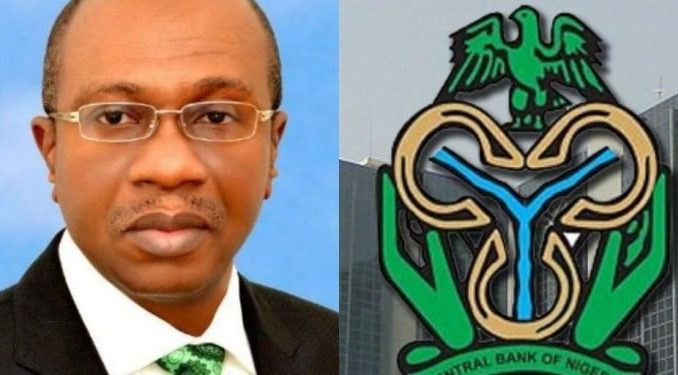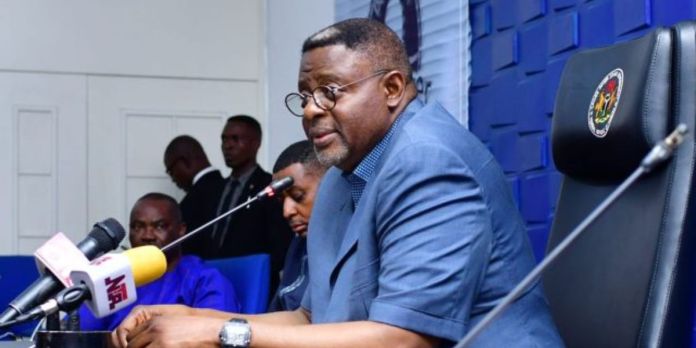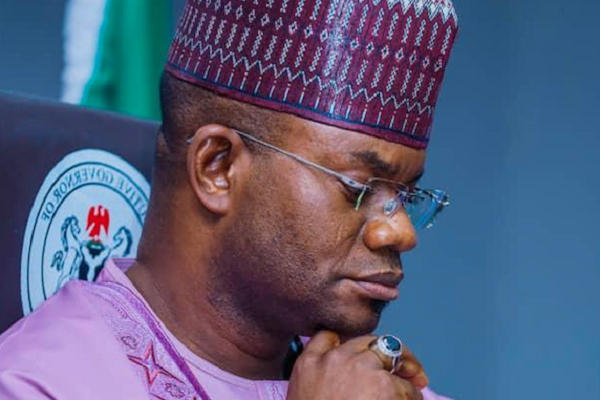In one of my apperance on a national Television station lately. The TV program anchor humorously asked me what is my take on the current state of the ecomy? l responds by saying the economy is not smiling.
He boost into laughter, but agreed with me after my expository on why the economy is not smiling.
Without any doubt,the world today is witnessing a retrogressive economic growth crisis that’s is not palatable for the poor.
Especially, with the global inflation trends.That analyst are attributing to the Russian – Ukraine war. For instance, there is a soaring energy and food prices, with inflation of over 7.5% in the US and above 5% in Europe and the UK.
Significantly, if developed nations are already suffering from the stings of Inflation’s.
The rest of the world should get ready for it full plaguing. Because, Inflation’s once let loose destroy, with the poor as most vulnerable.
With hindsight, a simplistic definition of inflation is the general rise in the prices of goods and services in a particular country, at a particular period,that result in a fall of the value of money.
In this wise inflation simply devalue and weaken a country currency. As well as erode the purchasing power of income and wages available for workers to spend on desire needs.
Recently, the Nigerian state National Bureau of Statistics (NBS) released the February 2022 Inflation report’s. This report detailed the Consumer Price Index (CPI) which measures inflation in the country.
According, to the NBS the Consumer Price Index increased by 15.70 per cent (year-on-year). Although, it is 1.63 per cent points lower compared to the rate recorded in February 2021 (17.33) per cent.
The report, assert that the latest inflation figure of 15.70 can be linked to the scarcity of Petroleum Motor Spirit (PMS), Dollar scarcity, firms closure and Naira depreciation.
Instructively, the inflation rate is far higher than the 13 per cent inflation target for 2022 of the Federal Government of Nigeria.
While, the 2022 budget target of 13 percent rate is a vital projections and assumptions from its 17trillions estimates.
Equally , the World Bank off which the Nigerian state aligned with as it ex- official economic counsellor.
Predicted that Nigeria might have the seventh-highest inflation rate among sub-Saharan African countries globally in 2022.
This Britton Wood Washinton Consensus Institution cited the increasing prices and diminishing welfare of Nigerian households in the bank Nigeria Development Update report for 2022.
Consequently, one may not be suprised at the report going by the many years of structural decay and successive government poverty of economic governance both in fiscal and monatery policies deployment. To address the country economy woes. A very sad situation were we continuel to struggle with double-digit inflation.
And the Central Bank of Nigeria (CBN) promising from its projection that the country’s inflation rate would drop to a single digit range of 6–9 per cent by end of the 2022.
Interestingly, the apex bank in recent time have been deploying strategic policy that cut across multi-sectorial macroeconomics and microeconomic variables.
Without envying the CBN management and its recent policies designed to boost the economy.
Remarkably,the CBN have shown a sense of addressing the monster call inflation in Nigeria. However, as we all know Inflation is a disease that disproportionately afflicts the general health of a nation economy.
Nonetheles, many economist may want to remind us to look back into history on how inflation can be delt with.Especially as proposed by two famoust group.The first are the Volcker monetarist that believed in raising interest rates to choke expenditure as well as to discourage inflationary flames in the country. Paul Volcker, the US Federal Reserve chair who quelled the hyperinflation of the 1970s with sky-high interest rates is famoust for this.
The second group on the hand are Gradualist monetarist that believe so much that with little or no increase in interest rate.Wages must be protected
and manage without consequences on workers.There stand is in protests to counter the proposal of the Volcker monetarist group scary sky high interest rate and anti-wage increased.
Neverheless,the two groups are the two influential monetarist that dominate economic discourse on taming inflation.
Critically, inflation situation in Nigerians can be understand beyond the two group positions mentioned earlier.
Regreattably, inflation in this part of the world arises as a result of,first,the expansionary target growth of businesses through hike in prices of goods and services.
Secondly,the poor infrstructural facilities to aid businesses in terms of electricity power,better transport logistic, depedency on foreign technology,and middlemen role in distribution network.
Thirdly,is multiple taxation from government at the federal and sub-national levels.
Fouthly,importation and dependency on foreign products and services.
Lastly,is persistent insecurity that is increasingly affecting business investment fortune in the country.
One can not but agree that the foregoing contribute immersely to inflation in Nigeria.
However,we cannot rule out the interest rate threat to supply of money and credit facility. Arguably, the centrality of this pieces is that the expansionary tendencies of businesses for growth and profit drive led to increas in prices of goods and service that is out of reach of people. And this are people whose wage remains stagnant.
To this end what is the alternative to deal with inflation without deepening poverty in Nigeria ? What can be done to salvage the situation?
First, we must all accept the fact that to deal with inflation.The CBN must have a gripps on the supply of money and credit must not be let loos.In this wise CBN stands to creating new money must be justified through steady interest rate rise.While this must go with a target to boost investment and employment generation.
Secondly, we need not to remind CBN that inflation tends to devastate the poor. Poingnantly, it will be a great service if the CBN focus in curing inflation that tends to foster economic inequality and divide our society.
Thirdly, the CBN support for the real sector as been tremendous.Which no one can fault but it time to prioritise.With billions given to the manufacturing sector. It time to deliver massive investment in energy sector, transport, agriculture,ICT, social housing and health care. For us instead of CBN throwing money at stakeholders in the above sector freely.We believe it is appropriate the CBN get involved directly by owning significant parcentage shares in them.
Lastly, it time for wage increase to balance interest rate.This for us is over due. Even though the CBN may not directly led in this advocacy. it is a means to balance the equation against price inflation, unemployment,and naira free fall that worsen our economic situation.
Succintly,less we are reminded that we have a national minimum wage. Poor and inadquate wages underpinned investment, promote low productivity, low skills, and low prospects.
Ours is for a monetary policy that prioritises the prevention of inflation with decisive action to remove more Nigerians from poverty and hunger.
Adefolarin A. Olamilekan
Political Economist and Development Researcher
Email; adefolarin77@gmail. com
Tel;0817407870,08073814436




